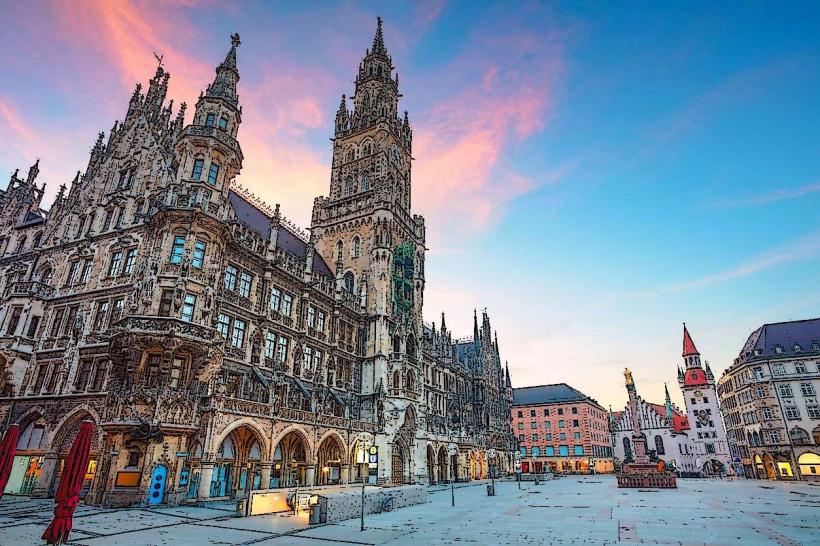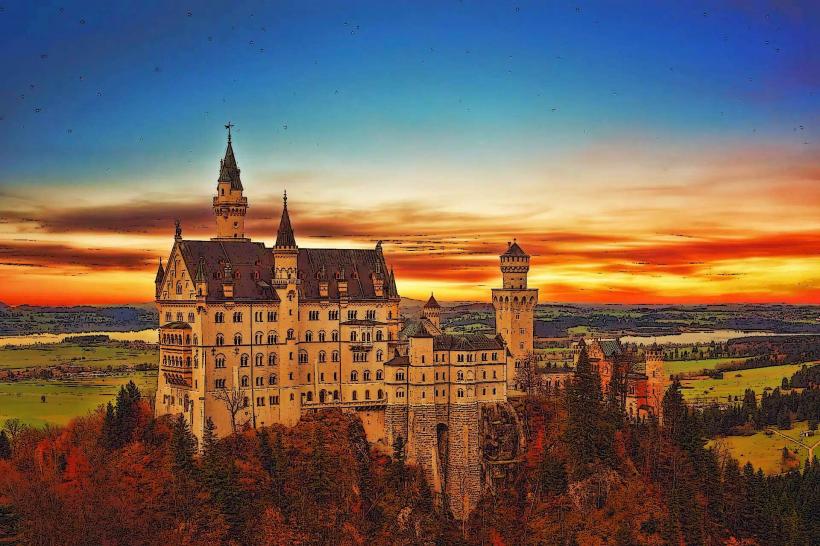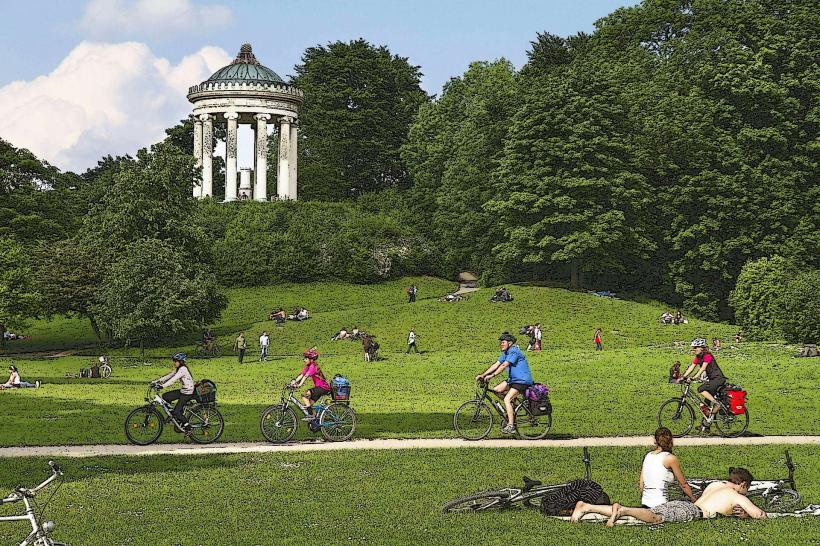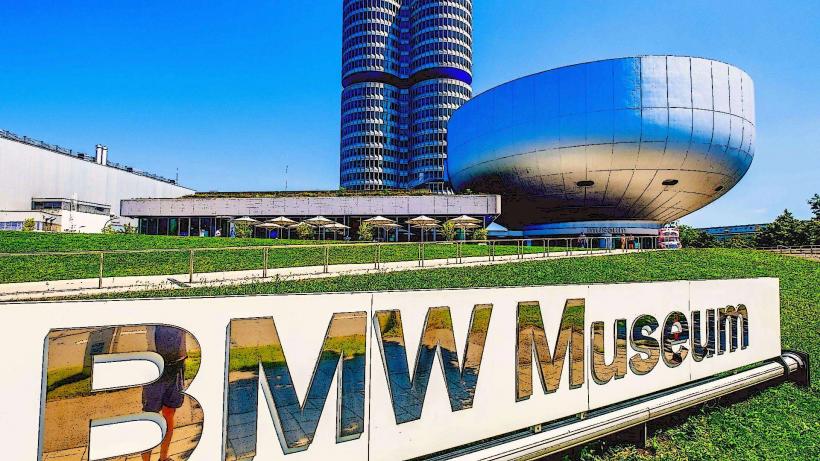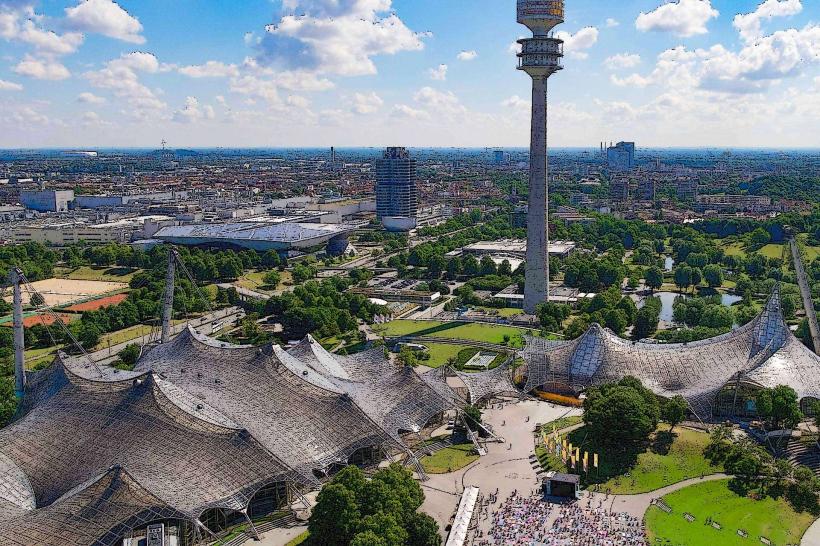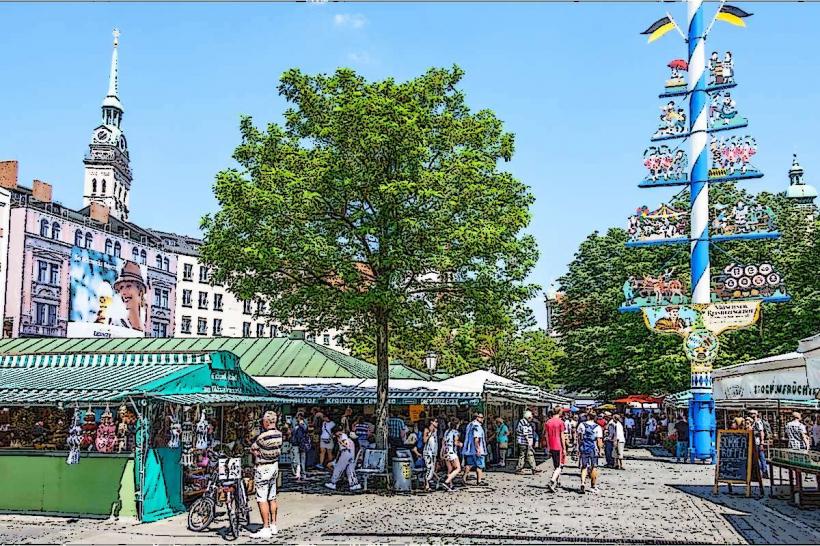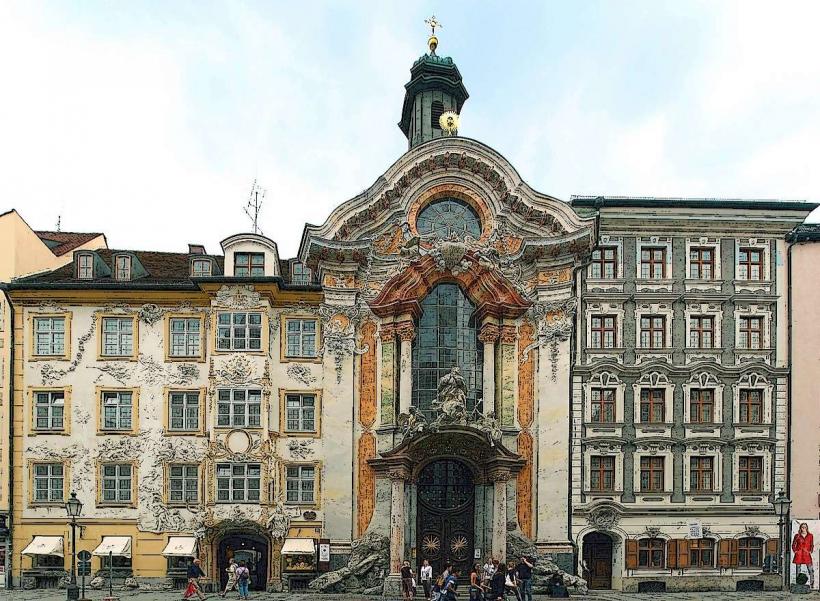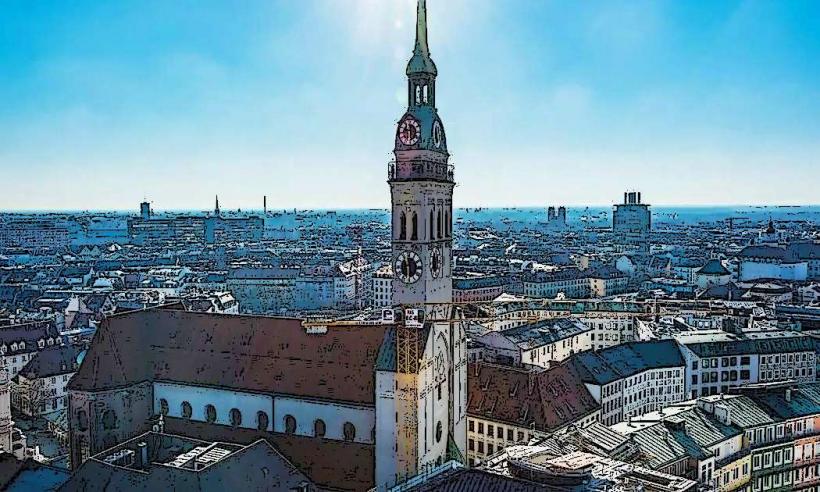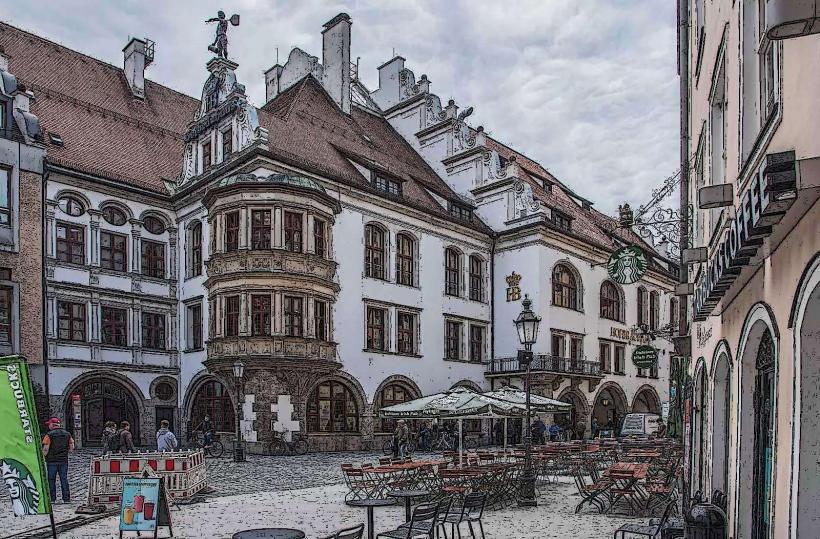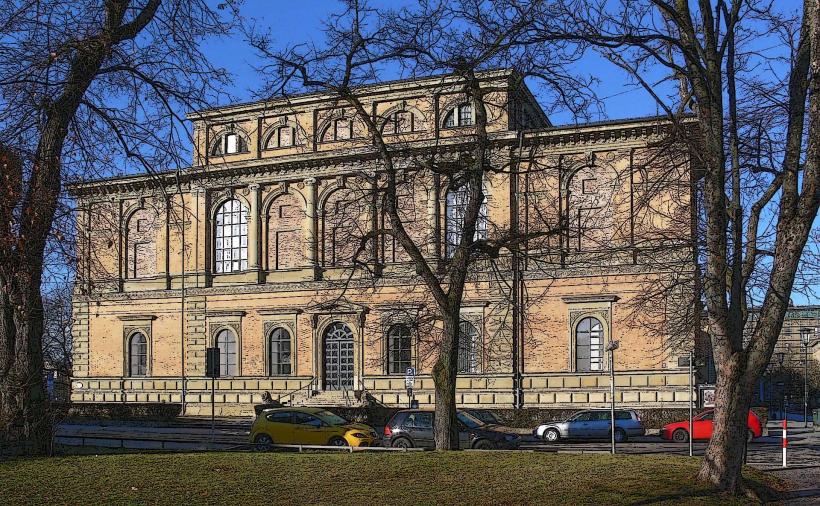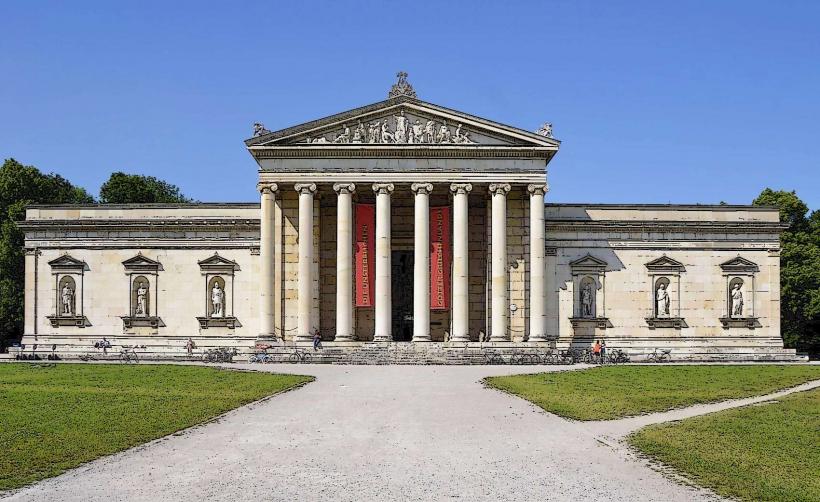Information
City: MunichCountry: Germany
Continent: Europe
Munich, Germany, Europe
Munich is the capital and largest city of the German state of Bavaria, situated on the River Isar north of the Bavarian Alps. It is a major European center for engineering, commerce, and arts.
Visual Characteristics
The architecture is defined by the "Munich Neo-Renaissance" and Baroque styles, utilizing light-colored stone and pale-yellow plaster. The central Marienplatz is dominated by the New Town Hall (Neues Rathaus), featuring a dark-stone Gothic Revival facade and a mechanized glockenspiel. The skyline is strictly regulated; no building in the center exceeds the 99-meter height of the Frauenkirche towers. The city features expansive green spaces, most notably the Englischer Garten, which is larger than New York's Central Park.
Location & Access Logistics
Munich is located in the Alpine Foreland, approximately 50 kilometers north of the mountains. It is served by Munich Airport (MUC), 28 kilometers northeast. The München Hauptbahnhof is a primary rail hub for central Europe, offering high-speed ICE links to Berlin, Frankfurt, and Vienna. The MVV transit network integrates U-Bahn (subway), S-Bahn (suburban rail), trams, and buses. Vehicle access to the center requires a "Green" environmental sticker (Umweltplakette).
Historical & Ecological Origin
Founded in 1158 by Henry the Lion as a salt trade crossing on the Isar, Munich became the seat of the Wittelsbach dynasty, which ruled Bavaria for 738 years. Geologically, it sits on a gravel plain formed during the last ice age, resulting in a flat topography with well-draining soil. The city was heavily rebuilt after WWII, with a specific focus on restoring its historical aesthetic rather than adopting full modernism.
Key Highlights & Activities
The Residenz, the former royal palace, is accessible for viewing its treasury and Renaissance courtyards. The Kunstareal district houses the three Pinakothek Museums, covering art from the Middle Ages to the contemporary era. Surfing is a unique year-round activity on the Eisbach, a man-made standing wave in the Englischer Garten. The Deutsches Museum, located on an island in the Isar, is the world's largest museum of science and technology.
Infrastructure & Amenities
The city center is equipped with public restrooms near Marienplatz and within the major parks. 5G cellular coverage is universal. The "MVG Rad" system provides bike-sharing services across the metropolitan area. Drinking water fountains are located in major pedestrian zones. Food services are high-density at the Viktualienmarkt, a permanent daily food market specializing in regional Bavarian agricultural products and seafood.
Best Time to Visit
May through September provides the most stable weather, with temperatures between 18°C and 25°C. Late September and early October coincide with Oktoberfest, resulting in extreme tourist density and high logistical costs. Photography of the city skyline is optimal from the Alter Peter (St. Peter's Church) tower during the "Föhn" wind, which creates high atmospheric clarity and makes the Alps visible in the background.
Facts & Legends
Munich is known as the "Millionendorf" (village of a million) due to its retained traditional character despite its large population. A local historical oddity: the BMW headquarters is designed in the shape of a four-cylinder engine. Legend holds that the "Teufelsschritt" (Devil's Footstep) in the Frauenkirche was left by the devil after he was tricked by the architect into thinking the church had no windows.
Nearby Landmarks
Marienplatz: Central hub
Frauenkirche: 0.2km West
Munich Residenz: 0.4km Northeast
Viktualienmarkt: 0.2km South
Englischer Garten (South entrance): 1.0km Northeast

